
Tashkent University of Information Technologies
State university
Tashkent city
3.2
(1 Feedbacks)
Admission period
5 June 2026 - 25 June 2026
University licenses
About university
About Tashkent University of Information Technologies (TUIT):
On June 28, 1955, the Tashkent Institute of Electrotechnical Communication began its activity (by order No. 487 of the Minister of Communications of the former USSR) - Acting Rector N.B. Matskevitch. According to the Decree of the President of the Republic of Uzbekistan in 2002, the Tashkent Institute of Electrotechnical Communication (TEAI) began to be called the Tashkent University of Information Technologies (TATU). Tashkent University of Information Technologies named after Muhammad al-Khwarizmi is a leading technical university in the field of information and communication technologies in the Republic of Uzbekistan. It was established as the "Tashkent Electrotechnical Communication Institute" under the Ministry of Communication of the Republic of Uzbekistan and trained engineers in the field of electrical and radio communications for Central Asia and Kazakhstan. Today, TUIT is a modern type of university with high scientific and pedagogical potential, various forms of education communication, a developed network of international relations, and a high level of training specialists in society. Over the years, the number of good practices has been increasing, new undergraduate majors and master's specializations have been opened, dissertations have been defended, the material and technical base has been improved, and new buildings have been constructed.
University grants:
Grants are available at the university. State grants are allocated to talented students who have obtained high marks in the entrance exams. These grants are awarded for one academic year only, and students admitted on the basis of a contract have the opportunity to study the grant in subsequent academic years.
University Scholarship:
Students studying on the basis of a state grant:
The basic amount of the scholarship is paid in the 1st semester of the first year;
- Starting from the next semester, depending on the results of the previous semester, the scholarship will be awarded and paid in the following order:
- Students with excellent performance in all subjects will be paid with a 20% increase in the basic amount of the scholarship;
- Scholarships will not be awarded to students who have satisfactorily mastered 30% or more of general subjects, i.e. scored less than 71 points. With the exception of orphans and children deprived of parental care and students with group 1 and 2 disabilities;
- All other students receiving education on the basis of a state grant will be paid the basic amount of the scholarship.
Scholarships are awarded and paid to students studying on the basis of a payment contract in the following order:
- Contract students can study with or without a scholarship;
- The basic amount of the stipend will be paid to those under the contract, regardless of the mastery rate.
- The stipend will be assigned and paid after the contract amount has been paid.
Scholarships are paid for students with group I and II disabilities in the following order:
- Students with group I and II disabilities are assigned and paid a 50% higher stipend than the base amount of the stipend, regardless of whether they study on a grant or a contract;
- Students who belong to the group of orphans and children deprived of parental care, who are fully supported by the state, are assigned and paid a scholarship in the basic amount of the scholarship.
Entry requirements: Participation in state exams organized by BMB(DTM).
University dormitory:
The university has a dormitory.
About International Cooperation:
TUIT establishes international cooperation with leading IT companies in Europe and Asia. In recent years, TUIT has established modern educational centers with leading universities in the Republic of Korea and India, as well as with NEC (Japan), CISCO (USA), HUAWEI (China), and ACETECH (Great Britain). These centers are still operating, and during the learning process, students are being trained in their own fields of study using modern equipment. The university doors are always open for cooperation, and we are happy to see our students, colleagues, and friends at TUIT.
Exchange programs have been established by the university and include the following programs:
INHA student exchange program
Yeungnam Student Exchange Program
Hanyang MS/PhD Scholarship Program
Soonsil student exchange program
Jeju University Master's Program
Shinhan University Graduate Program
Seoul National University MS&PhD Program
University of Science and Technology Master's program
Chongqing University of Posts and Telecommunications exchange program
Programs
Directions are not available
Admission Quota and Entrance Scores
| Course of Study | Admission quota | Scholarship Entry Scores | Entry points for the contract |
|---|---|---|---|
| Information Security (by fields) | 10 / 15 | 123.8 | 84 |
| Economics and management in the field of information and communication technologies | 6 / 19 | 148.1 | 126.6 |
| Professional education in the field of information and communication technologies | 15 / 35 | 109.3 | 77.9 |
| Electric power engineering (in terms of networks and directions) | 6 / 9 | 76.6 | 68.5 |
| Electronic commerce | 9 / 13 | 146.1 | 115.5 |
| Information and communication engineering | 6 / 19 | 88.5 | 67.3 |
| Cybersecurity engineering | 6 / 19 | 131.4 | 88.5 |
| 10 / 50 | 132.8 | 86.1 | |
| "Computer engineering (""Computer engineering"", ""IT-service"", ""Multimedia technologies"")" | 0 / 0 | - | - |
| Library-Information Activities (by types of activities) | 6 / 9 | 74.7 | 66.7 |
| Engineering mathematics (in terms of production areas) | 10 / 15 | 84.6 | 59.6 |
| Mexatronika and robototexnika | 6 / 19 | 88.9 | 58 |
| Postal communication technology | 5 / 11 | 83 | 66.4 |
| Radio electronic devices and systems (based on networks) | 6 / 9 | 69.5 | 58 |
| Digital economy (by sectors and industries) | 6 / 19 | 155.2 | 126.4 |
| Artificial intelligence | 7 / 28 | 161.7 | 103.9 |
| "Telecommunications technologies ("Telecommunications", "Broadcasting", "Mobile systems")" | 40 / 65 | 82.4 | 65.3 |
| Television technologies ("Audiovisual technologies", "Television studio systems and applications") | 15 / 23 | 76.2 | 63.5 |
| "Managing the "E-Government" System" | 8 / 0 | - | - |
| Antennas and high frequency devices. | 4 / 0 | - | - |
| Electrical supply (telecommunication networks and systems) | 4 / 0 | - | - |
| Electronic library and archives | 6 / 0 | - | - |
| Information systems and technologies | 4 / 0 | - | - |
| Intellectual information and communication systems | 8 / 0 | - | - |
| Internet providers | 4 / 0 | - | - |
| Computer graphics and design | 1 / 0 | - | - |
| Computer science and programming technologies (by areas of specialization) | 4 / 0 | - | - |
| Computer engineering ("Computer system design", "Design of practical software tools", "Information and multimedia technologies") | 40 / 0 | - | - |
| Computer engineering ("Computer system design") | 4 / 0 | - | - |
| Cryptography and cryptanalysis (in terms of directions) | 5 / 0 | - | - |
| Data Science | 4 / 0 | - | - |
| Specialized training technologies | 4 / 0 | - | - |
| Mobile communication systems | 14 / 0 | - | - |
| Multiplication films technologies | 4 / 0 | - | - |
| Optical fiber communication network technical operation | 6 / 0 | - | - |
| Establishment and technology of postal service | 4 / 0 | - | - |
| Digital Economy | 1 / 0 | - | - |
| Artificial intelligence | 4 / 0 | - | - |
| Artificial intelligence technology | 4 / 0 | - | - |
| Telecommunications engineering ("Information transmission systems", "Telecommunications networks", "Telebroadcasting") | 30 / 0 | - | - |
| Information security in telecommunications systems and networks. | 4 / 0 | - | - |
| 8 / 0 | - | - | |
| Television, radio communication, and radio broadcasting devices and systems (by types). | 8 / 0 | - | - |
| Medical-biological apparatus, systems and collections | 4 / 0 | - | - |
| Medical computer systems | 4 / 0 | - | - |
| Videotechnology | 10 / 0 | - | - |
| 8 / 17 | 68.3 | 56.8 | |
| 0 / 25 | - | 61.1 | |
| Computer Engineering: IT Service | 0 / 25 | - | 58.7 |
| Computer engineering: multimedia technologies | 0 / 25 | - | 56.9 |
| Logistics Engineering | 3 / 22 | 151.2 | 120.4 |
| Postal communication technology | 5 / 20 | 68.5 | 60.1 |
| Telecommunication technologies:”telecommunications" | 15 / 35 | 87.5 | 61.3 |
| Telecommunication technologies: mobile systems | 11 / 14 | 82.3 | 67.4 |
| Telecommunication technologies: broadcasting | 11 / 14 | 68.3 | 56.8 |
| Television technologies: audiovisual technologies | 8 / 17 | 68.6 | 57.1 |
| Television technologies: TV studio systems and applications | 8 / 17 | 72.4 | 58.2 |
Gallery
Feedbacks

No any feedbacks
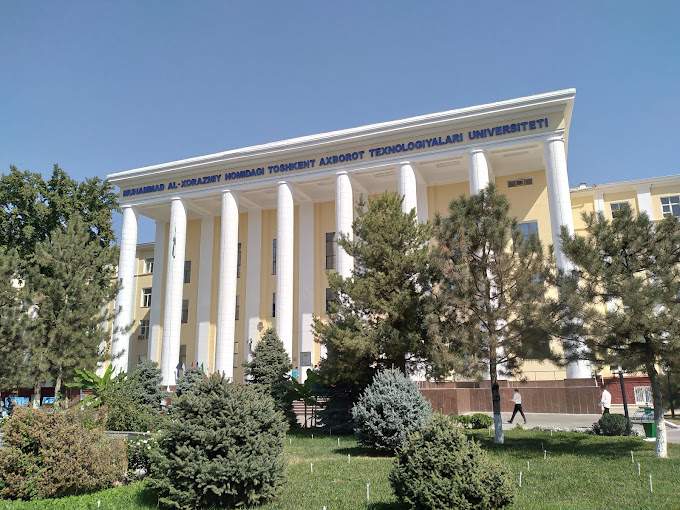
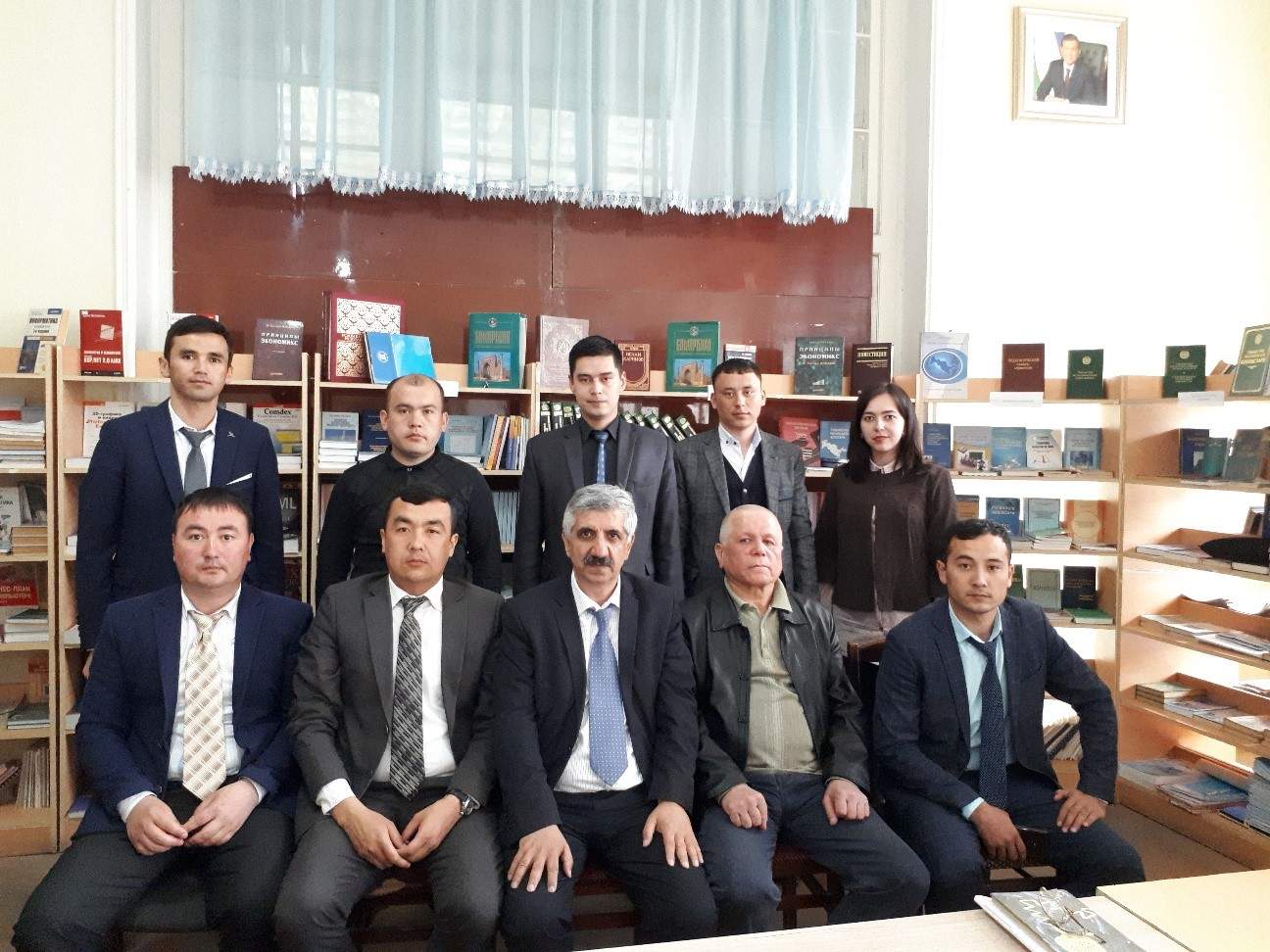
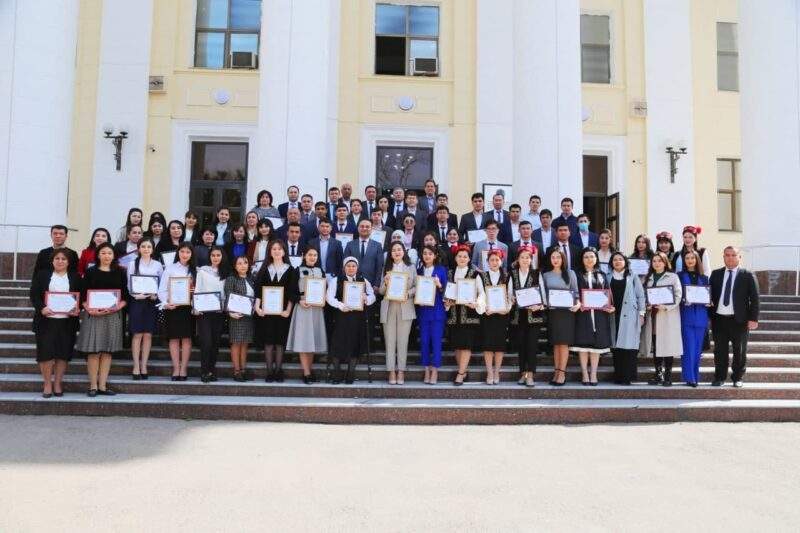
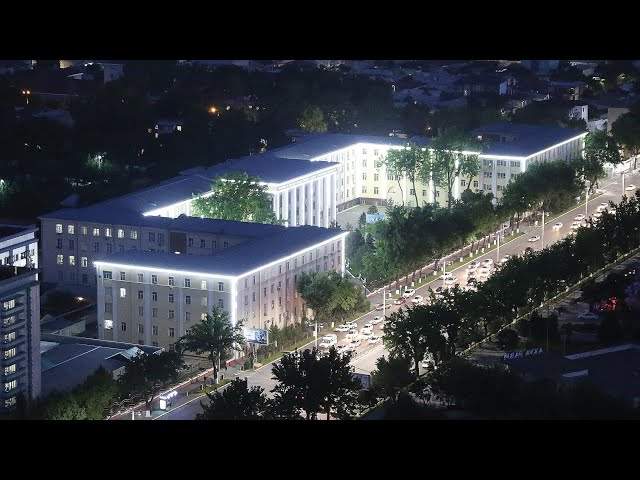
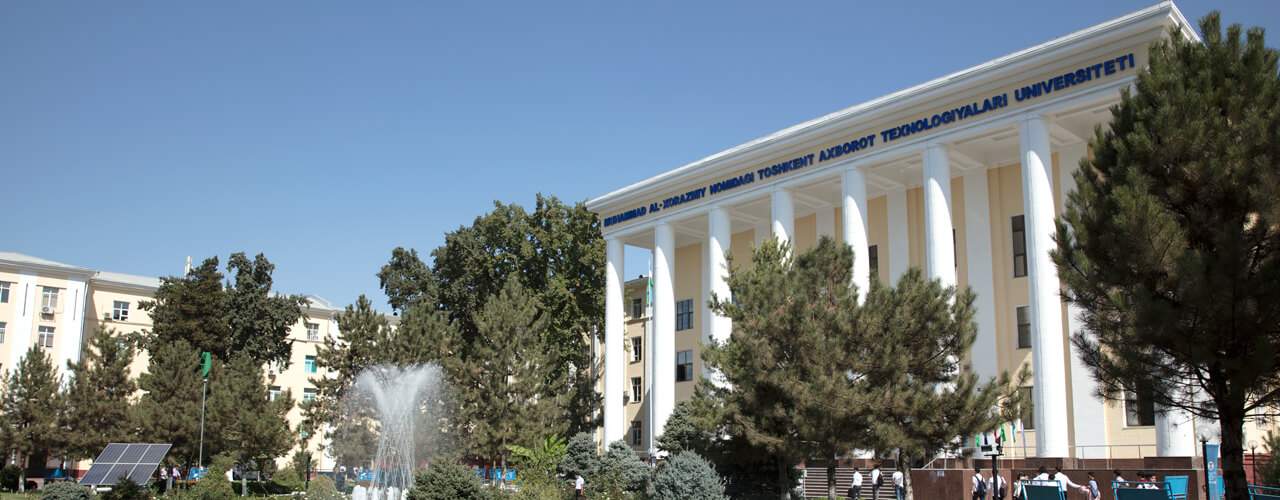
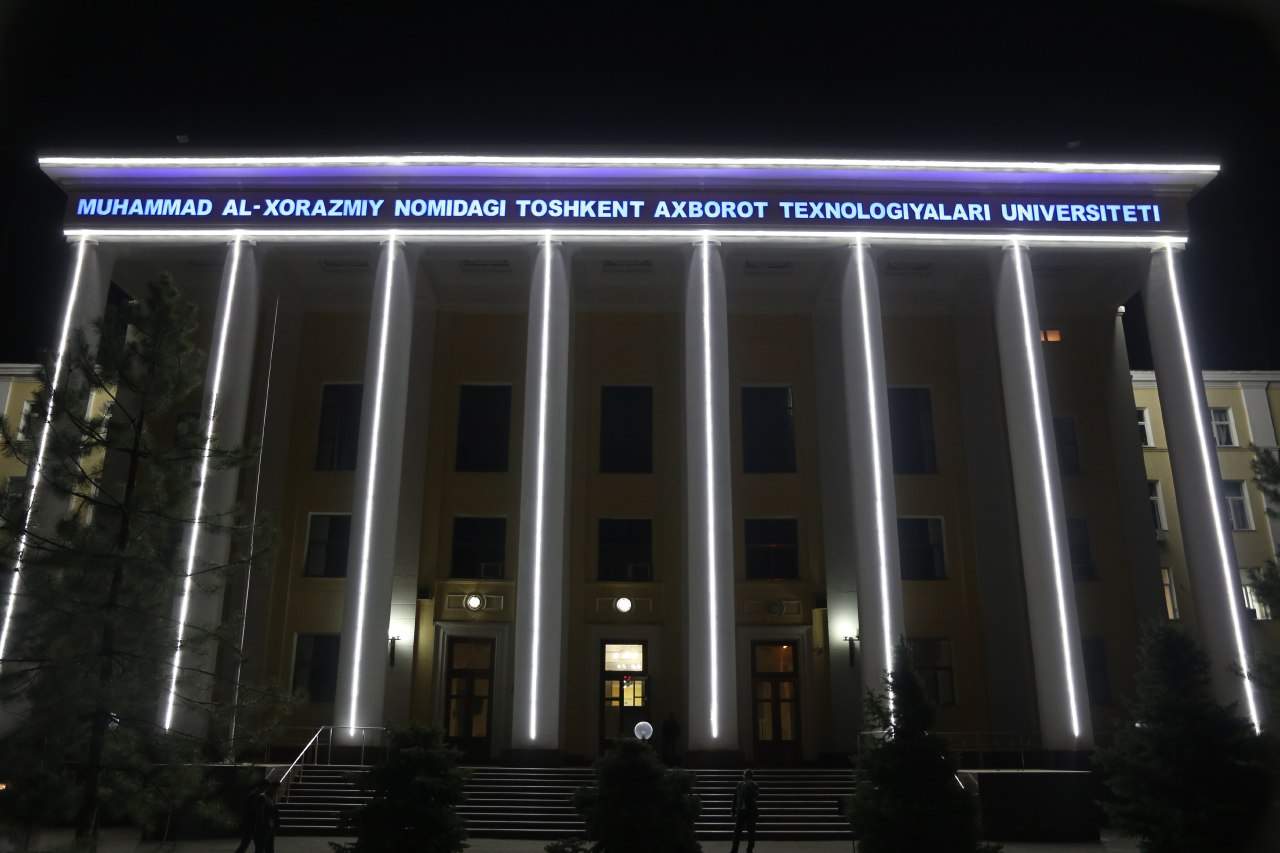
Feedbacks
No any feedbacks